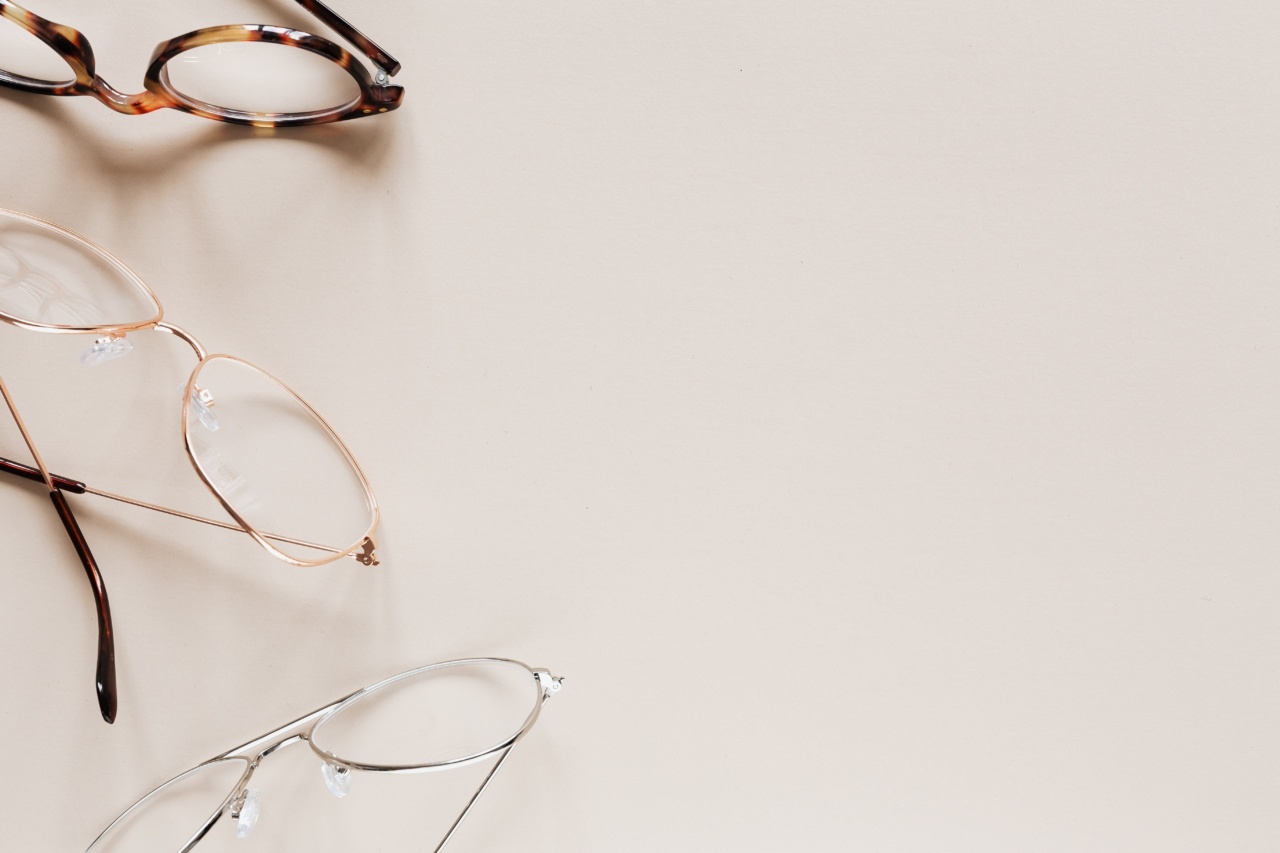Reaching the age of 40 brings along various changes in our body, including our vision. Our eyes, just like every other part of our body, go through wear and tear over the years, making them more prone to different eye conditions.
However, there are numerous ways to protect your vision after 40. In this article, we will discuss these ways and the practices you should incorporate into your daily routine to maintain healthy eye function.
: Regular Eye Checkups
One of the fundamental ways to ensure your vision stays healthy after 40 is to schedule regular eye checkups with your optometrist.
One crucial reason for this is that some conditions such as glaucoma, cataracts, and age-related macular degeneration (AMD) may not show symptoms until they are at more advanced stages. Also, vision loss takes place gradually, and an optometrist can detect early signs of declining vision, allowing you to take appropriate steps to prevent further damage.
: Protect Your Eyes From UV Rays
Sunlight is one of the significant sources of ultraviolet (UV) radiation, which can harm your eyes over time. Prolonged exposure to UV rays may cause cataracts, macular degeneration, and other eye disorders.
To protect your eyes while outdoors, ensure to wear sunglasses that block at least 99% of UVA and UVB radiation. If you use prescription glasses, ask your optometrist to add photochromic lenses that adjust to different lighting conditions.
: Eat a Balanced Diet
Eating a well-balanced diet is essential for overall health, including eye health. Nutrients such as omega-3 fatty acids, lutein, zinc, and vitamins C and E can help lower your risk of developing eye disorders such as cataracts or AMD.
Ensure to maintain a healthy diet that includes leafy green vegetables, fatty fish, nuts, and citrus fruits.
: Avoid Smoking
Smoking is harmful to your entire body, including your eyes. Cigarettes contain harmful chemicals that can damage the blood vessels in your eyes, leading to conditions such as cataracts, AMD, and optic nerve damage.
If you stop smoking, you can reduce your risk of developing these conditions and maintain your vision after the age of 40.
: Exercise Regularly
Maintaining an active lifestyle can help lower your risk of developing eye disorders. Regular exercise can improve blood circulation, including that to your eyes.
Lower blood pressure and a healthy weight can lower your risk of developing diabetes, which is a leading cause of blindness in adults. Find an activity you enjoy and aim for at least 30 minutes of exercise most days of the week.
: Take Frequent Breaks From Screen Time
With the rise of digital devices, many people are now spending more time on screens than ever before. Prolonged exposure to screens can cause digital eye strain and lead to dry eyes, headaches, and blurry vision.
To prevent these problems, take frequent breaks from screen use to give your eyes a rest. The rule of thumb is to take a 20-second break every 20 minutes and focus on a distant object 20 feet away. Also, ensure to maintain a distance of at least 25 inches from your screen.
: Practice Good Hygiene
Good hygiene can help prevent eye infections and other eye problems. Always wash your hands before touching your eyes or contact lenses. Avoid sharing personal items such as towels or eye makeup, as these can harbor bacteria.
If you experience symptoms such as itching, redness, or discharge, seek medical attention immediately.
: Stay Hydrated
Dehydration can cause dry eyes, which can be uncomfortable and lead to eye strain. Ensure to drink enough water daily to keep your body well hydrated and maintain healthy eyes.
: Get Enough Sleep
Poor sleep quality can cause eye fatigue, dry eyes, and blurred vision. Ensure to get enough sleep each night, ideally between 7-8 hours, to help your eyes rest and regenerate while you sleep.
: Conclusion
In conclusion, maintaining healthy vision after the age of 40 requires a combination of proper eye care practices, a balanced diet, regular exercise, and good lifestyle habits.
By incorporating these tips into your daily routine, you can lower your risk of developing eye disorders and maintain good vision well into your senior years.





























